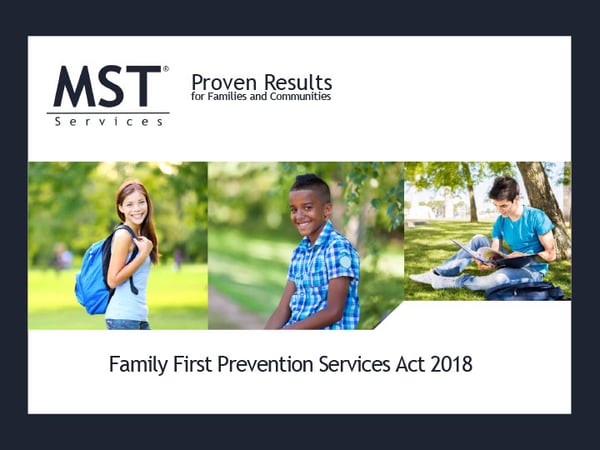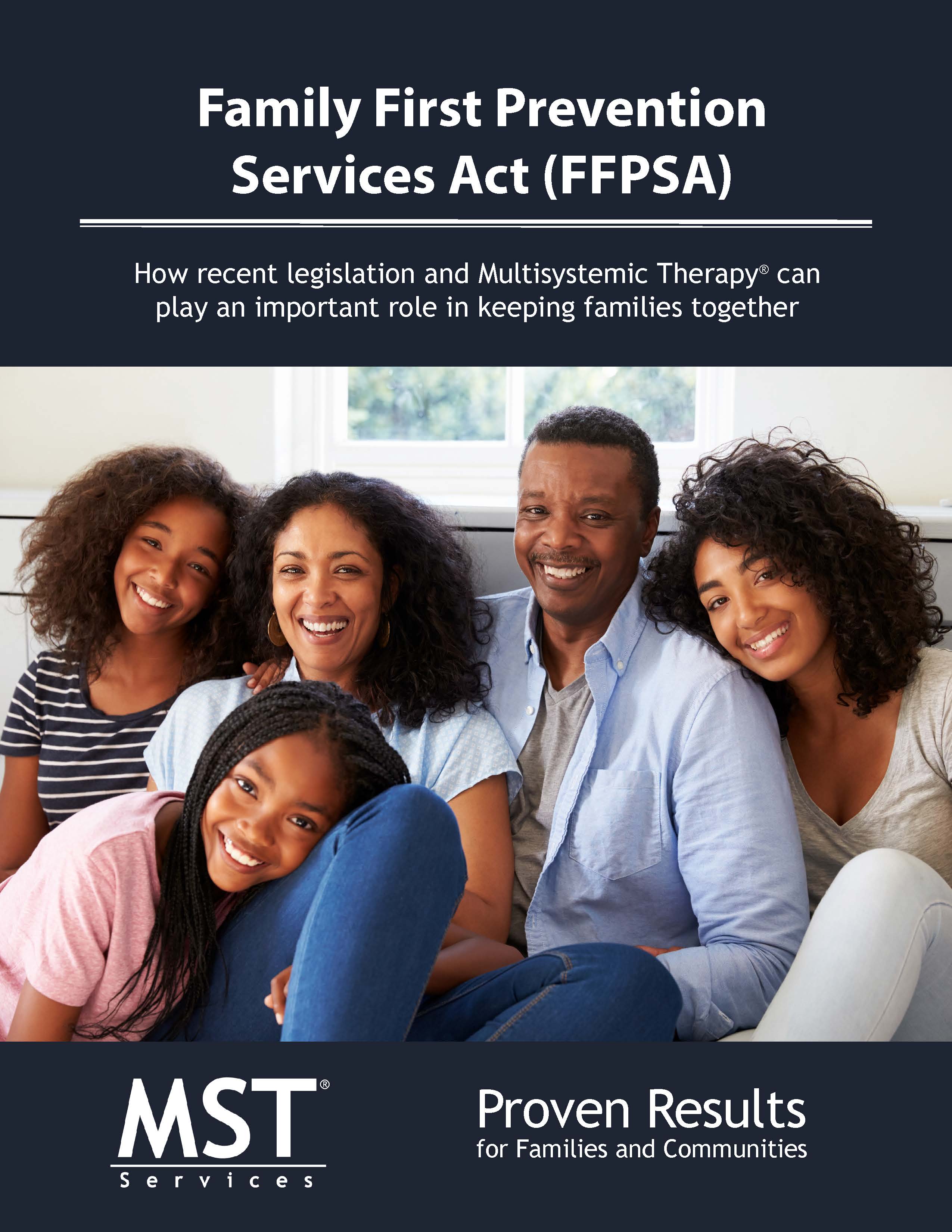The Family First Prevention Services Act: Expanding Opportunities for Children
The Family First Prevention Services Act is the latest in a series of bills working to protect and empower children entering the child welfare system. The bulwark of Family First represents a shift in the way states can use federal funds to support children: the bill specifies that states can now use Social Security funds, once solely dedicated to foster care, to provide mental health services, in-home parental training, and substance abuse treatment for children and their families in the child welfare system. States can support families at risk of entering the system with these preventative services for up to one year, receiving a fund match from the federal government. This bill enacts a change in the way the government approaches child welfare; it is a recognition that preventative and home visiting services, like parental training and substance abuse therapy, are proven effective ways to reduce rates of foster care intake and child abuse and neglect.
However, the Family First Act also appreciates that not all preventative programs are created equally—within the bill, Congress specifies that any programs receiving a federal funding match must be supported by substantial and thorough research. In this way, the federal government is incentivizing states to invest in evidence-based child welfare interventions, with the goal of reducing foster care intake and supporting families in mind. The Family First Act notes three different tiers of programs it will recognize and match: promising, supported and well-supported. Promising programs have at least one controlled study demonstrating the positive effects of treatment. Supported programs use at least one trial to show superior effectiveness to a comparable treatment program, and well-supported programs have at least two trials indicating superiority to treatment as usual. While all three types of programs are eligible to receive a federal funding match, only well-supported programs can bypass the federal requirements of an evaluation process, saving state health services time and money.
The Family First Prevention Services Act: An Overview
Click here to download a brief overview of the Family First Prevention Services Act
The Family First Prevention Services Act Guide
Click here to download the Famly First Prevention Services Act Guide.
Keeping Families Together With Kinship Care

Foster care is a sad reality for 437,465 children. As of 2016, nearly half a million kids are living in foster care away from their parents. These numbers are growing each year, but a different approach is being taken to help keep children out of foster care. Federal and state child welfare policies have been moving towards requesting kinship care as the primary course of action. Rather than taking the child and placing them in foster care, kinship care allows states to give family members—such as grandparents or aunts and uncles—the option to take a child into their care.
Contact Us
Interested in starting an MST program in your area?
Fill out the form below and someone will contact you shortly.



